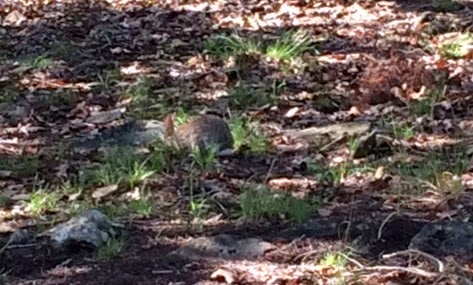I realized last night that I had heard myself say those two words repeatedly throughout my teaching day. When I thought about it, it seemed that we all might do ourselves a lot of good if we developed the habit of frequently telling ourselves “it’s okay!”
The majority of people I have taught tend to screech to a halt when they play a wrong note or when they question the quality or accuracy of some aspect of their playing. Unfortunately, this halting not only disrupts the flow of the performance, it also stops the flow of learning! In order to circumvent this problem, I have developed a habit of anticipating and dissolving the feeling of insecurity before it manifests as the bigger mistake of halting! When I say “it’s okay,” what I am conveying to my student is “I heard it, too, and it’s not a big deal, so you can let it go and continue to move forward.”
There will never be a time when every note you play on the guitar is clear and precise, but there can be a time when your playing is consistently expressive and satisfying. If your goal is to play with expression and to have fun doing it, the best way to achieve that is to practice doing it every time you play. You don’t need to wait until you are good enough. If you can play anything at all, you can do it musically! Just pick the simplest thing you know how to do on the guitar and commit to playing it exquisitely.
Simple is great. but as you progress in your playing, you will inevitably feel challenged. When this happens, you will need to employ problem solving and plenty of practice before you are able to find the flow that you enjoyed in more familiar music. The solution is to patiently follow good practice methods, practicing small bits at a tempo you can handle. And even as you are slogging through your repetitions, remember to go for the musicality. Make that musicality a key component of everything you play and you will enjoy your guitar a lot more – and so will the people who hear you play!



